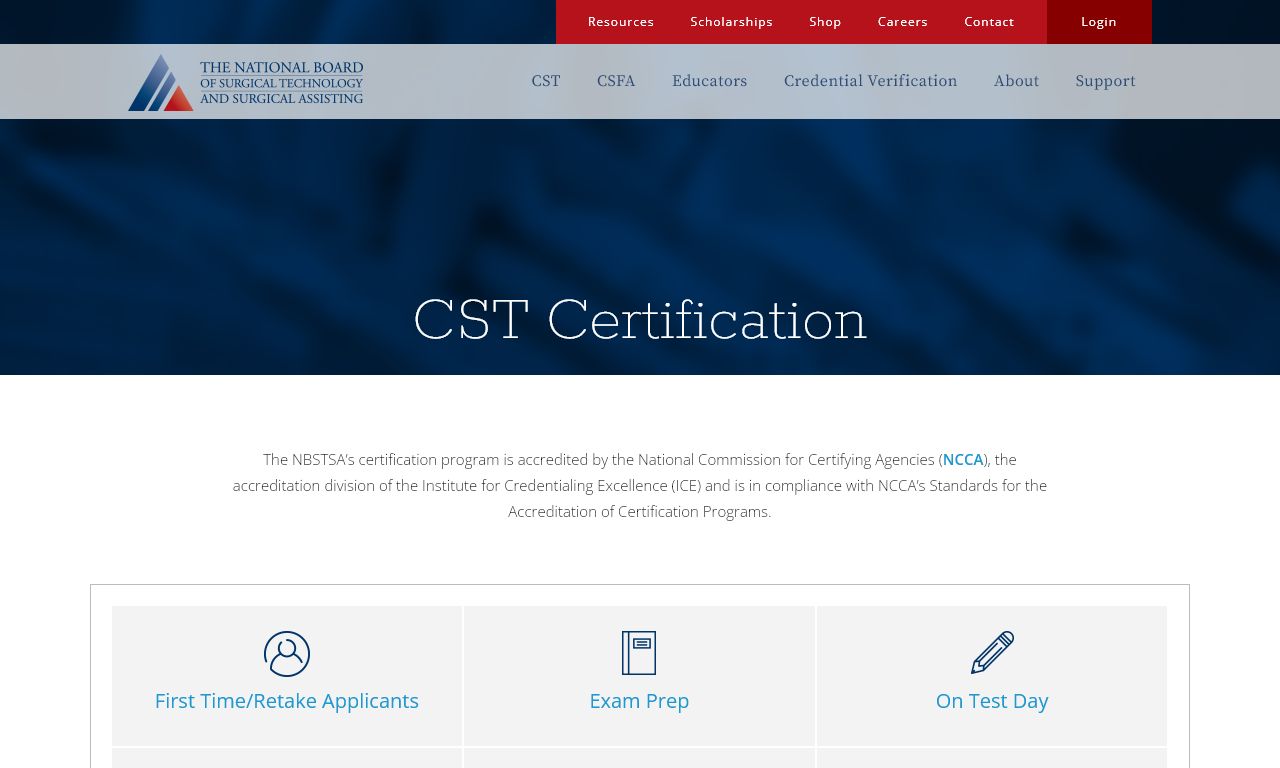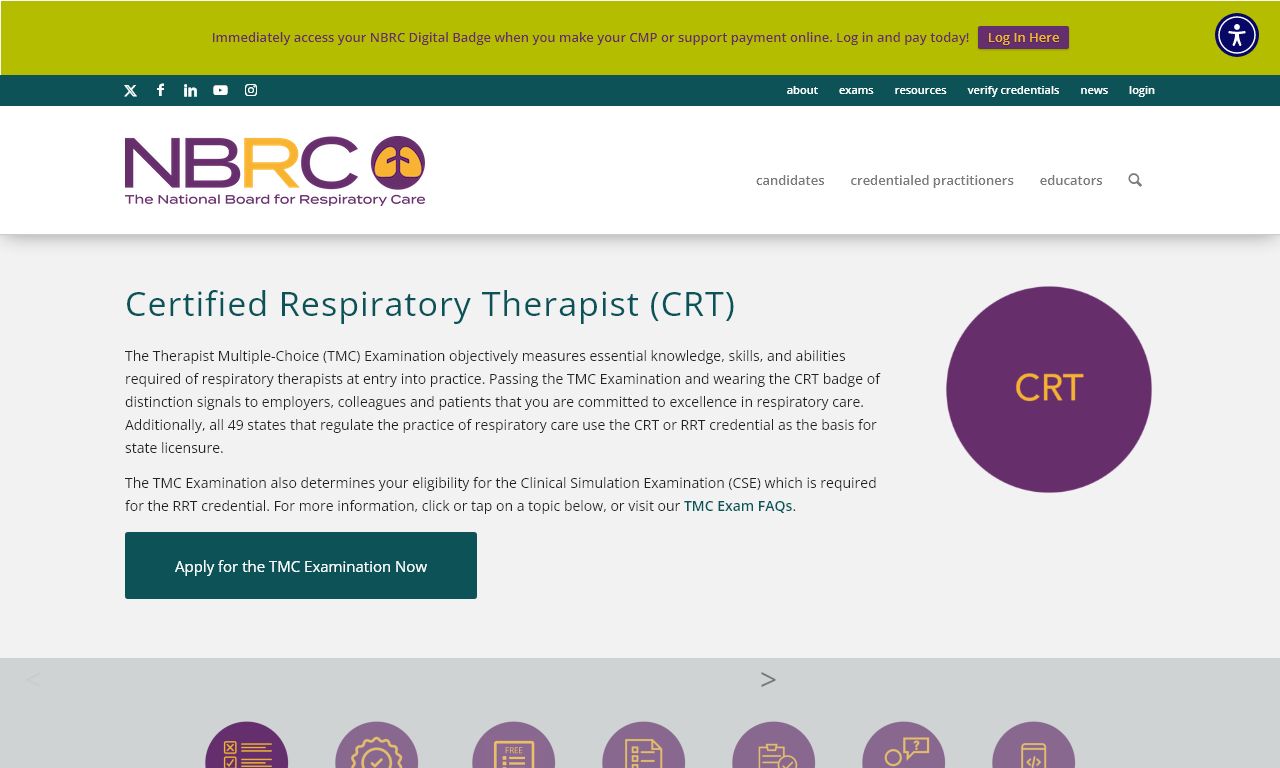AP Exams Overview
Advanced Placement (AP) Exams are standardized exams designed to measure a student’s knowledge and skills in specific subject areas. They are typically taken by high school students after completing an AP course, though taking the course is not a requirement for the exam. AP Exams are developed and administered by the College Board.
Key Facts About AP Exams
- Exams are usually held during the first two weeks of May
- Most exams are 2-3 hours long
- Exams typically include both multiple-choice questions and free-response questions (essay, problem-solving, etc.)
- Scores range from 1 to 5, with 3 generally considered a “passing” score
- Many colleges grant credit, advanced placement, or both for qualifying AP scores
Benefits of Taking AP Exams
- Opportunity to earn college credit while in high school, potentially saving time and money in college
- Stand out in the college admissions process
- Skip introductory classes in college
- Develop college-level academic skills
Registering for AP Exams
Students typically register for AP Exams through their high school in the fall. The regular registration deadline is usually in November, with late registration available until March for an additional fee. Exam fees for the 2023 AP Exams are:
- $97 per exam for students in the U.S., U.S. territories, Canada, and DoDEA schools
- $127 per exam for students outside the U.S., U.S. territories, and Canada (with some exceptions)
Fee reductions are available for eligible students with financial need.
Getting AP Scores
AP scores are typically available online in July. Students can log in to their College Board account to view their scores. They can also send their scores to colleges at this time.










